There are more ‘disabled’ around us than those labeled so. They are not less talented or wise than others, some outperforming the able-bodied. They need to be treated with fairness and equity, not derision.
Ever pondered how the disabled persons with bowl in hand, some on wheel chair, pass their day around the religious and tourist spots or in row at a corner in market with soliciting eyes. These hapless, helpless persons also witnessed loitering at road crossings or on footpath, are often derided at, reprimanded and scorned. A section of them is those of cursed children who were cruelly crippled, and dragged into begging by the mafias.
No one is perfect. As a thumb rule, when we focus on someone’s flaws, we are often disabled to appreciate their talent, abilities and skills. Robert Hensel of Guinness World Record fame, himself having inborn disability said, “There is no greater disability in society than the inability to see a person as more”. What matters in the context of disability is our perception and not the lacuna in someone. “The only disability in life is a bad attitude”, said Scott Hamilton.
In India, prevalence of disability is higher in rural than in urban areas, gender-wise it is more among males than females. Overriding the 1995 Act, the amended Right of Persons with Disabilities Act 2016 defines debility as “a person with long term physical, mental, intellectual or sensory impairments which, in interaction with barriers, hinders his full and effective participation in society equally with others.” With very large populations having deficit of some kind, one with 40% or above disability of a specified type came to be accepted as disabled. In the amended Act, the categories of disabilities have been increased from 7 to 21. A major issue that hampers mainstreaming of the disabled is tardy execution of programmes. For example concerned that over presently 74.05 per cent schools don’t have ramps for the disabled, just a month ago Madras High Court summoned the chief secretary, Tamil Nadu school education department to explain the steps taken to provide disabled-friendly toilets and other facilities.
Globally, over a billion people (15% of world population) are living with disability, according to WHO World Report on Disability. Unfortunately, two-thirds of these do not seek medical help due to ignorance or stigma or because they have no access to requisite help. In line with the universal buzzword, ‘Leave No One Behind (LNOB)’, the UN document ‘Agenda 2030’ exhorts member-nations to evolve appropriate mechanisms and strategies so that the interests of the disabled are not compromised. The UN-promoted International Day of People with Disability (IDPwD), an annual observance on 3 December, aims to promote an understanding of people with disability and encourage support for their dignity, rights and well-being. Noting that ‘Not all Disabilities are Visible’ this year’s focus of IDPwD is on spreading awareness and understanding of disabilities that are not immediately apparent, such as mental illness, fatigue, chronic pain or sight, diabetes, brain injuries, neurological disorders, learning differences as well. The isolation, disconnectedness, disrupted routine and diminished therapeutic services due to ongoing Covid-19 pandemic have added to the woes of the disabled across the world.
In the inclusiveness model that a egalitarian growth-oriented societies seeks to follow, the disabled lot cannot be sidelined. They need to be assisted with proper rehabilitation, offered equal opportunities, and encouraged to act proactively to serve their role. It is possible only after empowerment that the disabled can become vibrant members of society.
Quite many labelled as ‘disabled’ have outperformed the able-bodied in several arenas attesting the belief that they are generally imbued with special guts or that Nature more than makes up for their deficiency in one organ with enhanced capability of other senses, one reason they are renamed, Divyang jan by the current governance. We have luminaries like Stephen Hawking who set benchmarks what disability means. In our own country we did it despite formidable odds: 18-year classical dancer Sudha Chandran; Dr Satendra Singh who helped develop disable-friendly machines; sightless film musician Ravindra Jain, badminton player Girish Sharma; journalistic doyen H. Ramakrishnan, cancer expert Dr Suresh Adwani, and so on.
It is said, difficult roads often lead to beautiful destination. Let it not be overlooked, what Nido Qubein said, “Your present circumstances don’t determine where you can go; they merely determine where you start”.
…………. …………. …………. …………. …………. ………………. …………. …………. …………. ………….
Published in Orissa Post, edit page 6, with the title, ‘Society should overcome its handicaps’ on 3 December 2020.
…………. …………. …………. …………. …………. ……. …………. …………. ………….…………. ………….
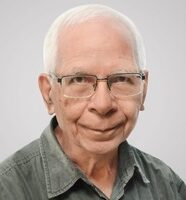
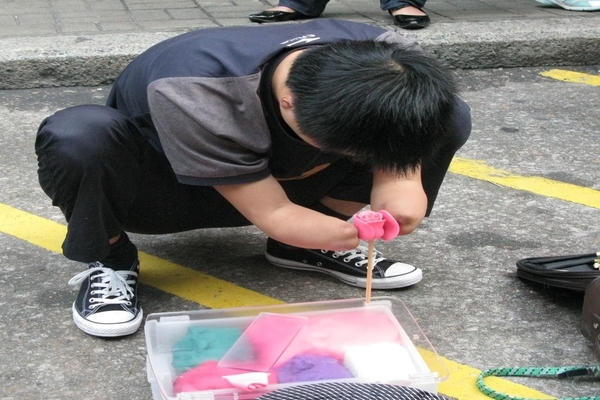
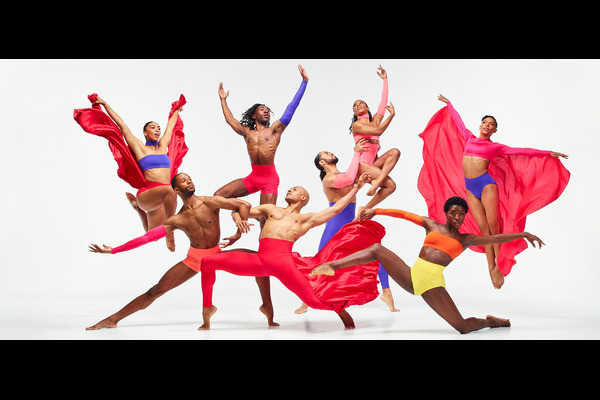
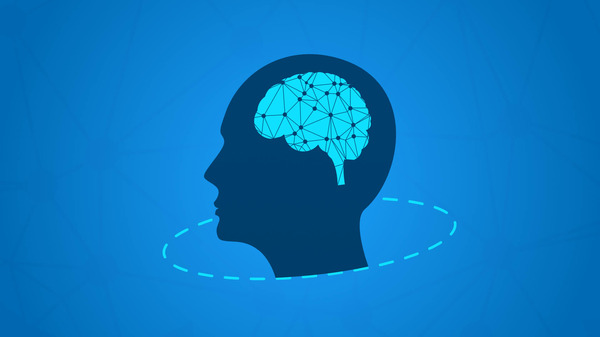
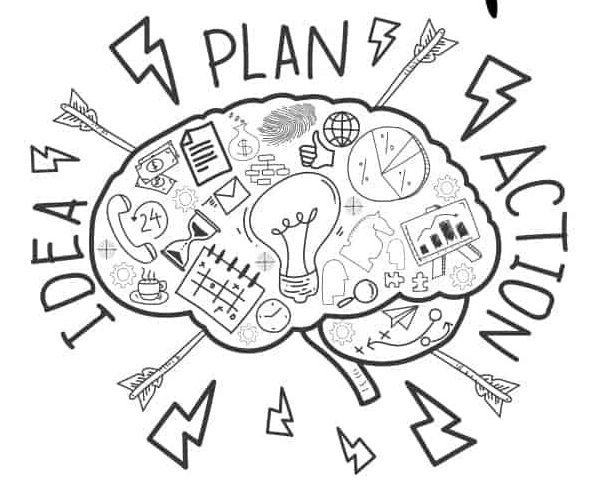
Really good. Thanks for sharing this Sir